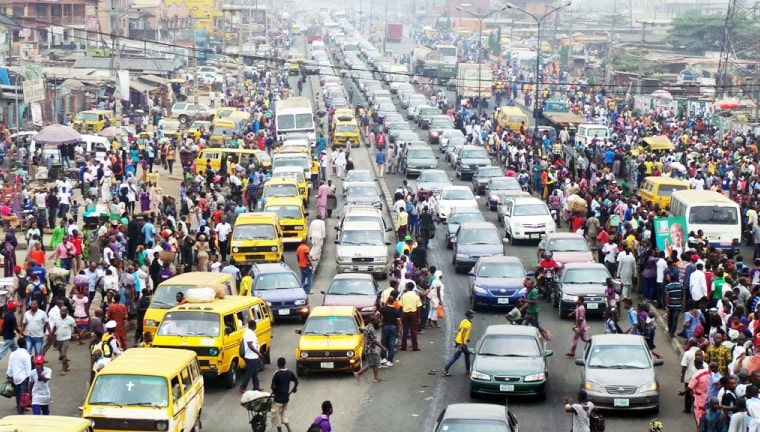Inside Nigeria
Lagos Ranked World Most Dangerous City

Nigeria’s most populous city, Lagos, has been ranked as the most dangerous city in the world.
This was made known in a report by the Economist Intelligence Unit (EIU).
The report, named Safe Cities Index, ranked 60 cities across the world based on digital security, health, infrastructure and personal security.
Japan’s capital, Tokyo, was named the safest city in the world, followed by Singapore, Osaka, Amsterdam and Sydney occupying second to fifth spots on the ranking.
The report stated that: “Urban management will play a fundamental role in defining the quality of life of most human beings in the coming years. A key element of this will be the ability of cities to provide security for their residents, businesses and visitors.
“A look at the top five cities in each pillar—digital, health, infrastructure and personal security—yields a similar message. In each area, leading cities got the basics right, be it easy access to high-quality healthcare, dedicated cyber-security teams, community-based police patrolling or disaster continuity planning.”
Nigeria’s commercial nerve centre, Lagos, occupied the 56th spot on the digital security ranking and placed 58th on the infrastructure security ranking.
The City occupied the least on the health and personal security tables.
The rankings are done based on:
Digital security: Privacy policy, citizen awareness of digital threats, public-private partnerships, level of technology employed, dedicated cyber-security teams, percentage of computers infected, percentage with internet access.
Infrastructure security: Enforcement of transport safety, pedestrian friendliness, disaster management/business continuity plan, road network, power network, rail network, the percentage living in slums, air transport facilities.
Health security: Environmental policies, access to healthcare, number of beds per 1,000 population, number of doctors per 1,000 population, access to safe and quality food, quality of health services, air quality, water quality, emergency services in the city.
Personal security: Level of police engagement, community-based patrolling, available street-level crime data, use of data-driven techniques for crime, the prevalence of petty crime, gender safety (female homicide), level of corruption, rate of drug use.
The Safe Cities Index report also claimed that half of Lagos’ population live in slums.












